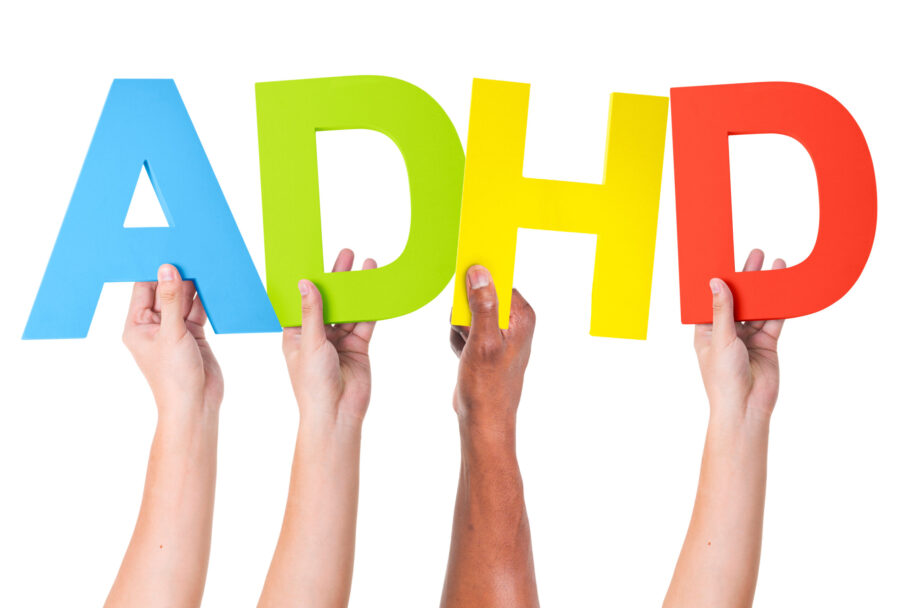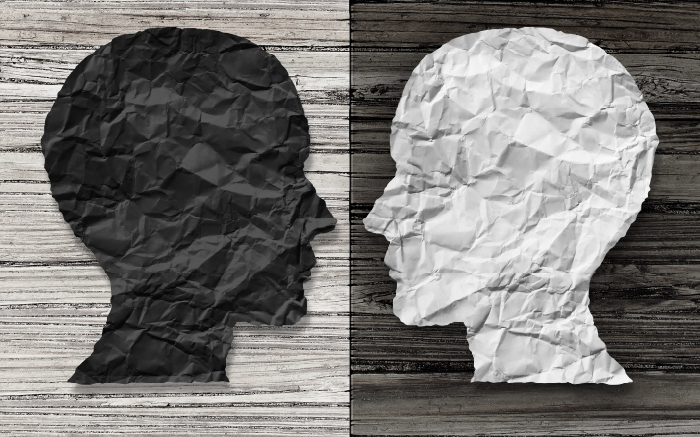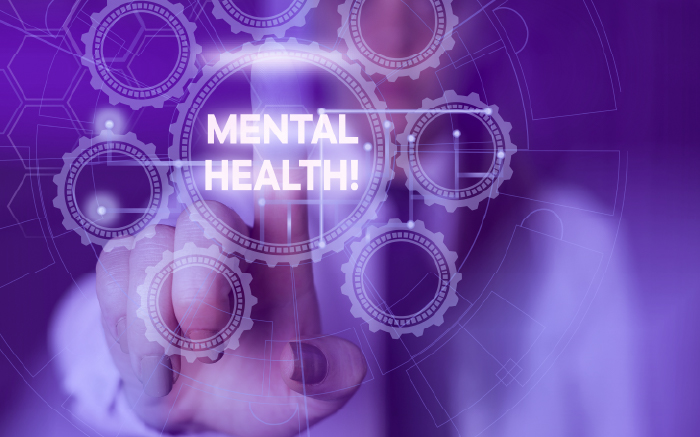Attention Deficit Hyperactivity Disorder (ADHD) is a complex condition characterized by challenges in attention, impulse control, and hyperactivity. As awareness of ADHD grows, questions arise regarding its classification and whether it qualifies as a mental disability.
In this article, we explore the nuanced understanding of ADHD, its status as a mental disability and the implications for individuals affected by the condition
Understanding ADHD
ADHD is a neurobiological disorder that affects individuals of all ages and impacts their daily functioning and well-being. While ADHD is often associated with symptoms of inattention, impulsivity, and hyperactivity, it shows up differently in everyone. Some may exhibit symptoms of inattention, while others may display hyperactive-impulsive behaviors or a combination of both.
The Complexity of Neurodiversity
Within the framework of neurodiversity, ADHD is viewed as a natural variation in brain functioning rather than a pathological condition. Advocates of the neurodiversity movement emphasize acceptance, accommodation, and celebration of neurodivergent traits, challenging traditional notions of disability and pathology.
ADHD as a Mental Disability
The classification of ADHD as a mental disability is subject to interpretation and context. In some legal and educational settings, ADHD may be considered a disability under the umbrella of mental health conditions, entitling individuals to accommodations and support services. However, the perception of ADHD as a disability varies depending on cultural, social, and systemic factors.
Legal and Educational Recognition
In many countries, including the United States, ADHD is recognized as a disability under laws such as the Americans with Disabilities Act (ADA) and the Individuals with Disabilities Education Act (IDEA). These laws mandate accommodations and protections for individuals with ADHD in educational settings and the workplace, ensuring equal access to opportunities and services.
Challenges and Stigma
Despite legal recognition, individuals with ADHD may face stigma, discrimination, and misconceptions about their condition. The invisibility of ADHD symptoms and the pervasive myths surrounding the disorder contribute to misunderstandings and barriers to acceptance. Some may perceive ADHD as a mere excuse for laziness or a lack of discipline, overlooking the genuine challenges faced by individuals with the condition.
Navigating Identity and Advocacy
For many individuals with ADHD, navigating the intersection of neurodiversity and disability involves grappling with questions of identity, self-acceptance, and advocacy. Some may embrace their neurodivergent traits as integral aspects of their identity, while others may struggle with feelings of shame or inadequacy. Advocacy efforts seek to raise awareness, promote understanding, and advocate for the rights and needs of individuals with ADHD in diverse settings.
Embracing Diverse Perspectives
ADHD occupies a complex and multifaceted space within the realm of neurodiversity and disability. While legal recognition and accommodations acknowledge the challenges faced by individuals with ADHD, stigma and misconceptions persist.
By fostering understanding, acceptance, and advocacy, we can create a more inclusive society that celebrates the diversity of human experience, including the myriad manifestations of ADHD. Ultimately, whether ADHD is considered a mental disability depends on how we choose to define and address the needs of neurodivergent individuals within our communities.






